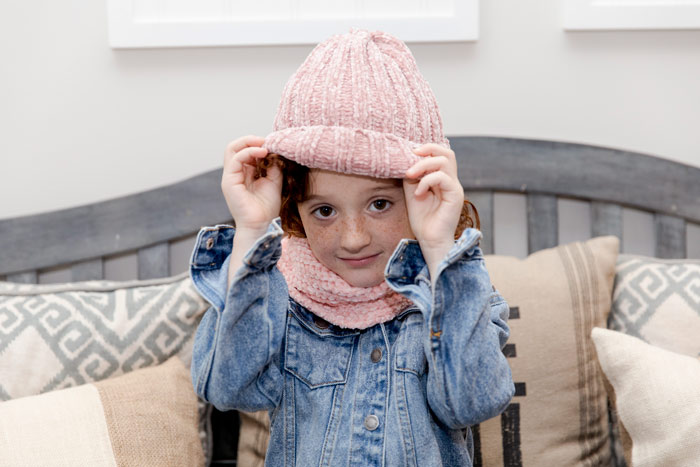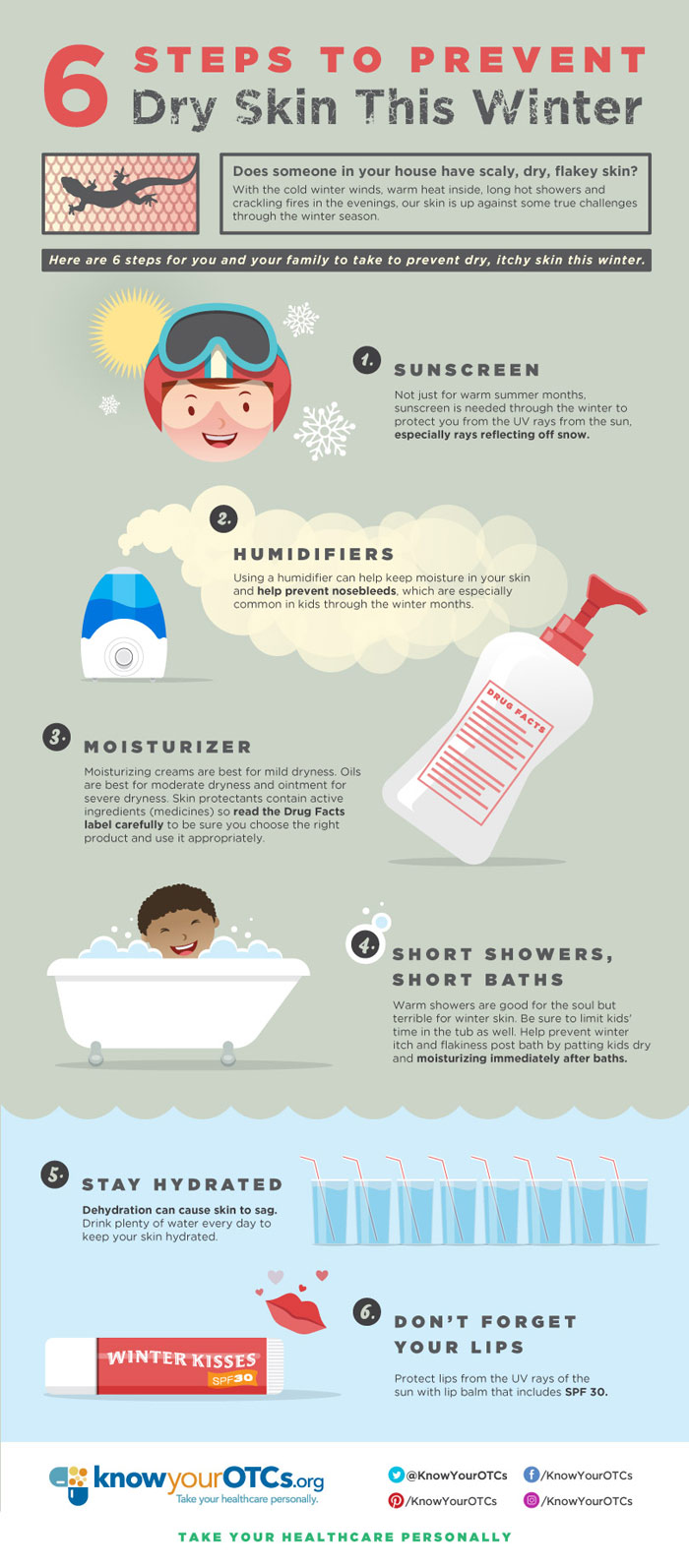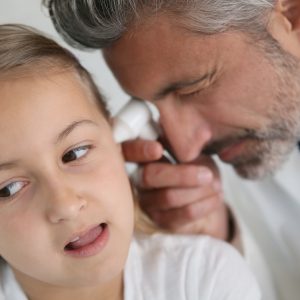
Treating Eczema During the Winter Months – 3 Things You Might Be Doing Wrong
Winter is all about fun outdoor activities like building snowmen, having snowball fights, and snuggling up in front of a toasty fire with a cup of hot cocoa. Unfortunately, winter also brings on ailments like allergies, colds, and dry skin. For some kids, dry skin is minimal and can easily be treated with moisturizer, but for children struggling with eczema, winter can wreak havoc on their already dry skin. Treating eczema in children can be tricky especially in coldest winter months. Many parents don’t know exactly what to do or may even do things they think will help but actually make matters worse! Eczema is the most common skin condition treated by pediatric dermatologists, with 90% of symptoms appearing before age 5. It’s important to know what treating eczema in children entails and what you can do to keep your child’s skin hydrated during the coldest winter months.
What is Eczema?
Eczema, also called atopic dermatitis, is a chronic condition that makes skin dry, red, and itchy. A child with eczema may even break out in a rash, as is common when dealing with allergies. While eczema primarily affects kids, some children may actually outgrow eczema as they age.
It is common to see an increased risk for eczema flare-ups in the winter when the air is more dry. When treating eczema in children, talk to your pediatrician, and create an action plan for combating the dry winter months.
3 Mistakes Parents Make When Treating Eczema in Children
- Bathing – When treating eczema in children, bath time is critical. Remember, less is more! Contrary to popular belief, bathing your child every night is not only unnecessary, it can be bad for your child’s skin. As you delicately wash their sensitive little bodies, you remove the skin’s natural oils and moisture, making their skin dry and worsening certain conditions, such eczema. If your child is suffering with dry skin or eczema, I recommend limiting baths to every other night. In addition to bathing less often, make sure the water temperature isn’t too warm and that you don’t let children bathe too long.
- Moisturizing – Many parents underestimate the importance of moisturizer and have a very difficult time figuring out what type of moisturizer to use. There are a large variety of skincare options for preventing and treating dry winter skin, and it is important to figure out which one is going to work best for your child’s skin. Generally, creams are used for mild dryness, oils for moderate dryness, and ointments for severe dryness. After bathing your child, moisturize immediately to help lock in the moisture still on the skin. Remember, always read the Drug Facts label before applying over-the-counter (OTC) medicines or creams to help treat dry skin.
- Using Sunblock – Many parents don’t put sunblock on their children during the winter months. It is important to remember that although it might not be warm out, the sun’s rays can still lead to sunburns. While sun exposure, and Vitamin D in particular, may be good for treating eczema in children, too much sun exposure is never a good idea. Children with eczema may sunburn more easily, especially when using steroid creams to control flare-ups, so daily application of sunscreen is a must, even in cold winter months!
Important Tips to Keep Your Child’s Skin Healthy This Winter
- Use a humidifier – Put moisture back into the air during the cold, dry winter months. I recommend a cool mist humidifier.
- Use mild, unscented body wash – Scents and harsh chemicals found in some soaps can cause additional skin irritation.
- Stay hydrated – Drinking plenty of water can help prevent dry skin. Think of it as moisturizing from the inside out!
- Don’t forget lips – Don’t forget to moisturize and protect lips against the sun!
- Avoid infection – Dry, cracked skin is itchy. When kids scratch, bacteria can enter the skin, leading to infections. If you notice any redness or pain, call your healthcare provider.

Final Thoughts on Dry Skin in Winter
Cold, dry air takes a toll on everyone’s skin, but children suffering from eczema need special attention during winter months. Help ease their discomfort by moisturizing the air and their skin, and make sure to avoid the most common mistakes when treating eczema in children.
I’m proud to take part as a blogging ambassador with the CHPA (Consumer Healthcare Products Association) Educational Foundation and KnowYourOTCs.org. This is a Sponsored Post! While I Have Received Compensation From The CHPA Educational Foundation, All Opinions Are My Own.




